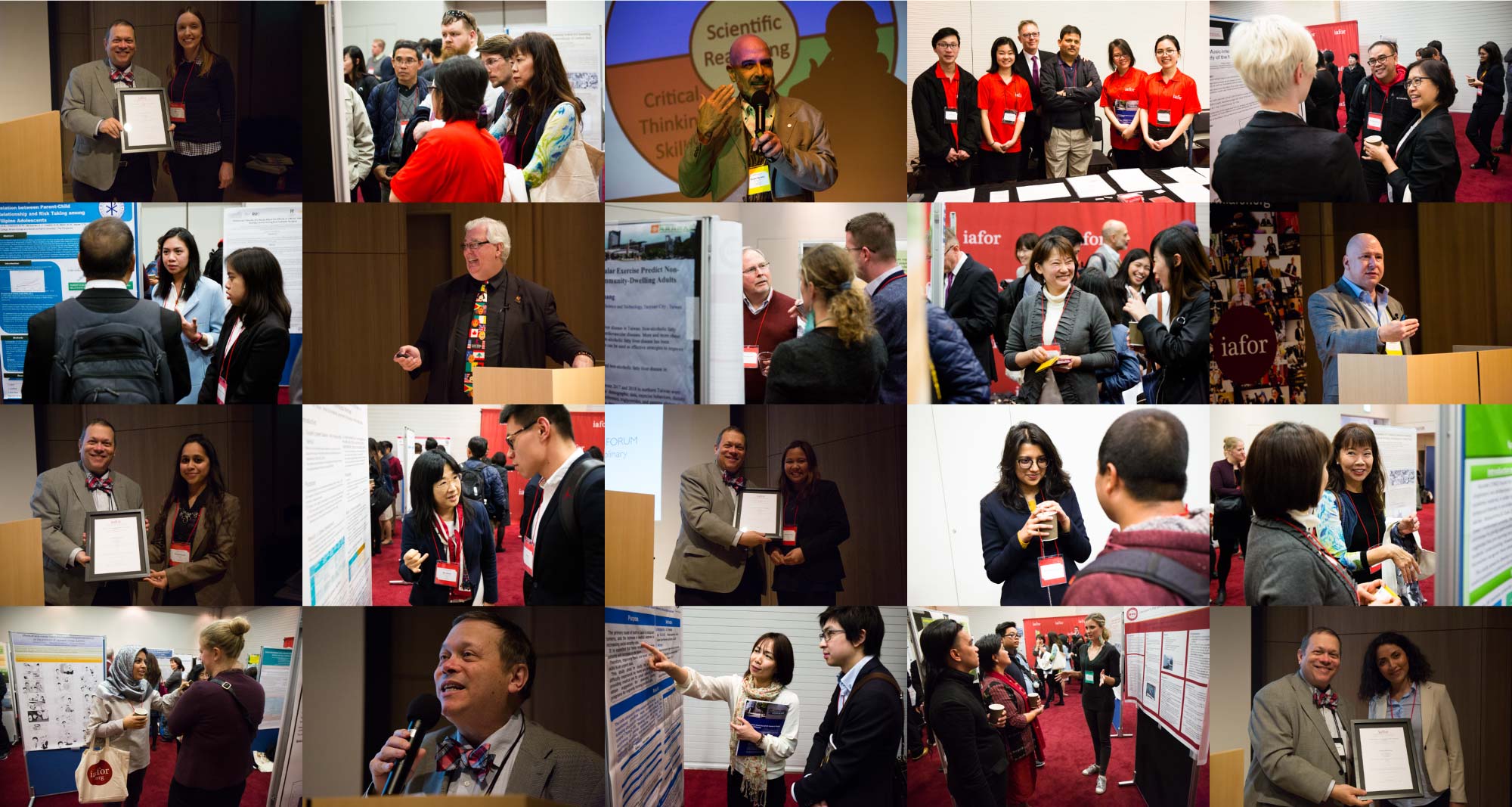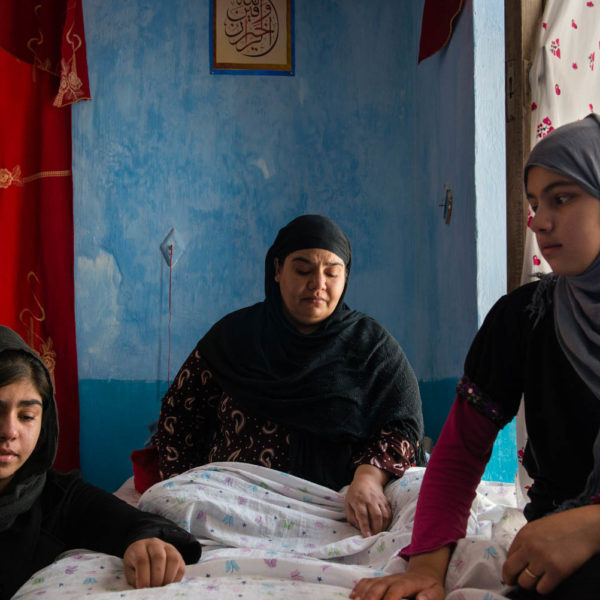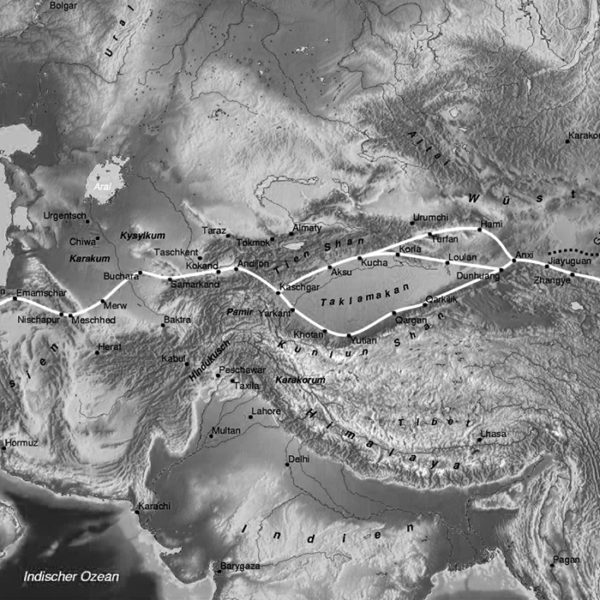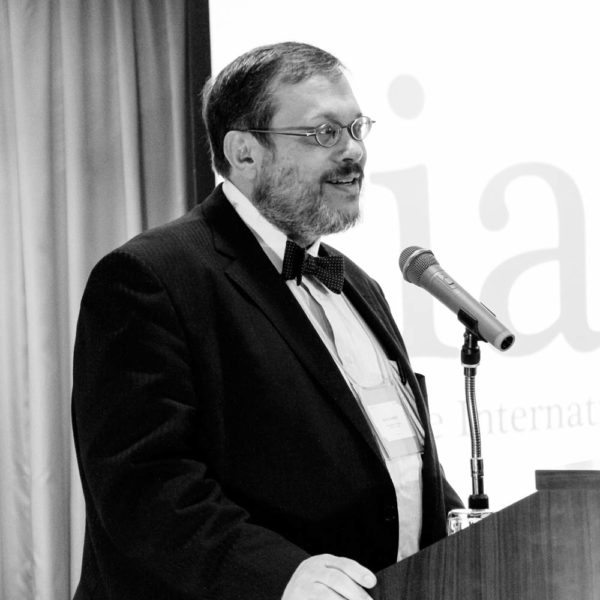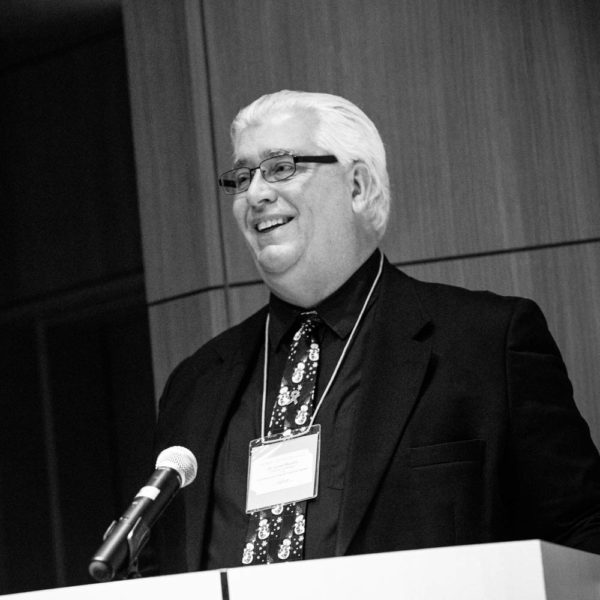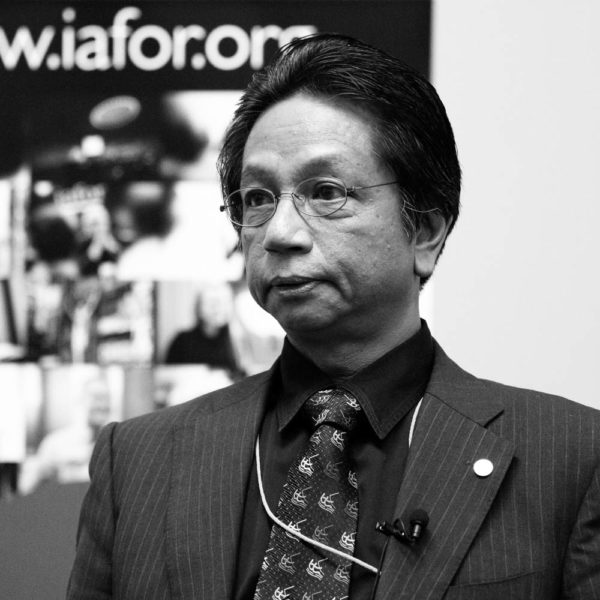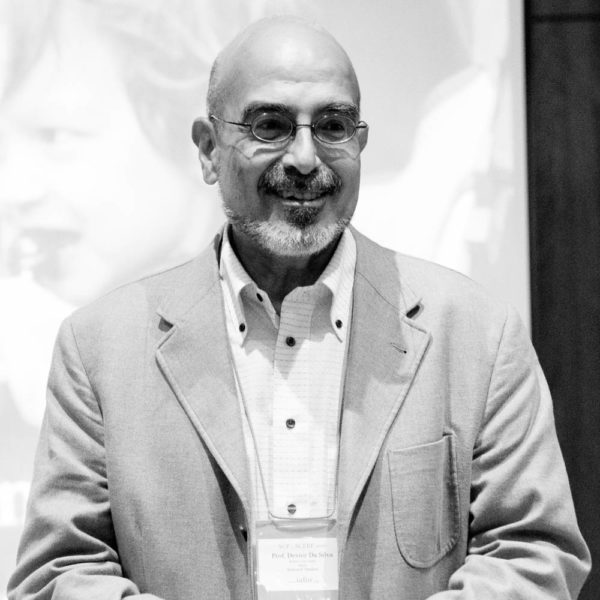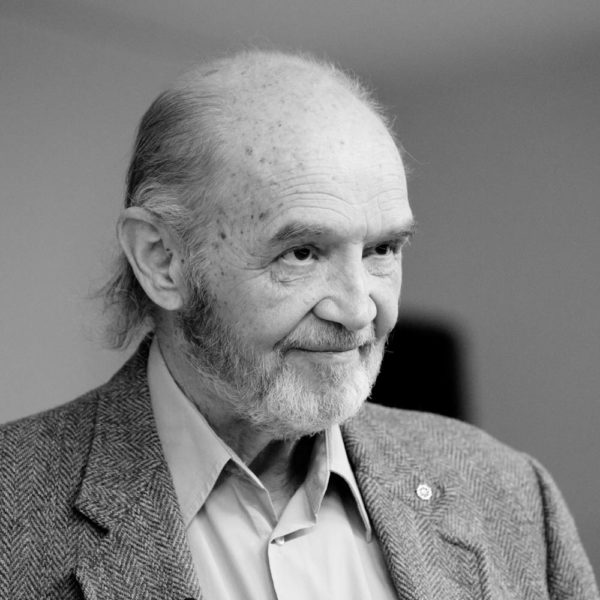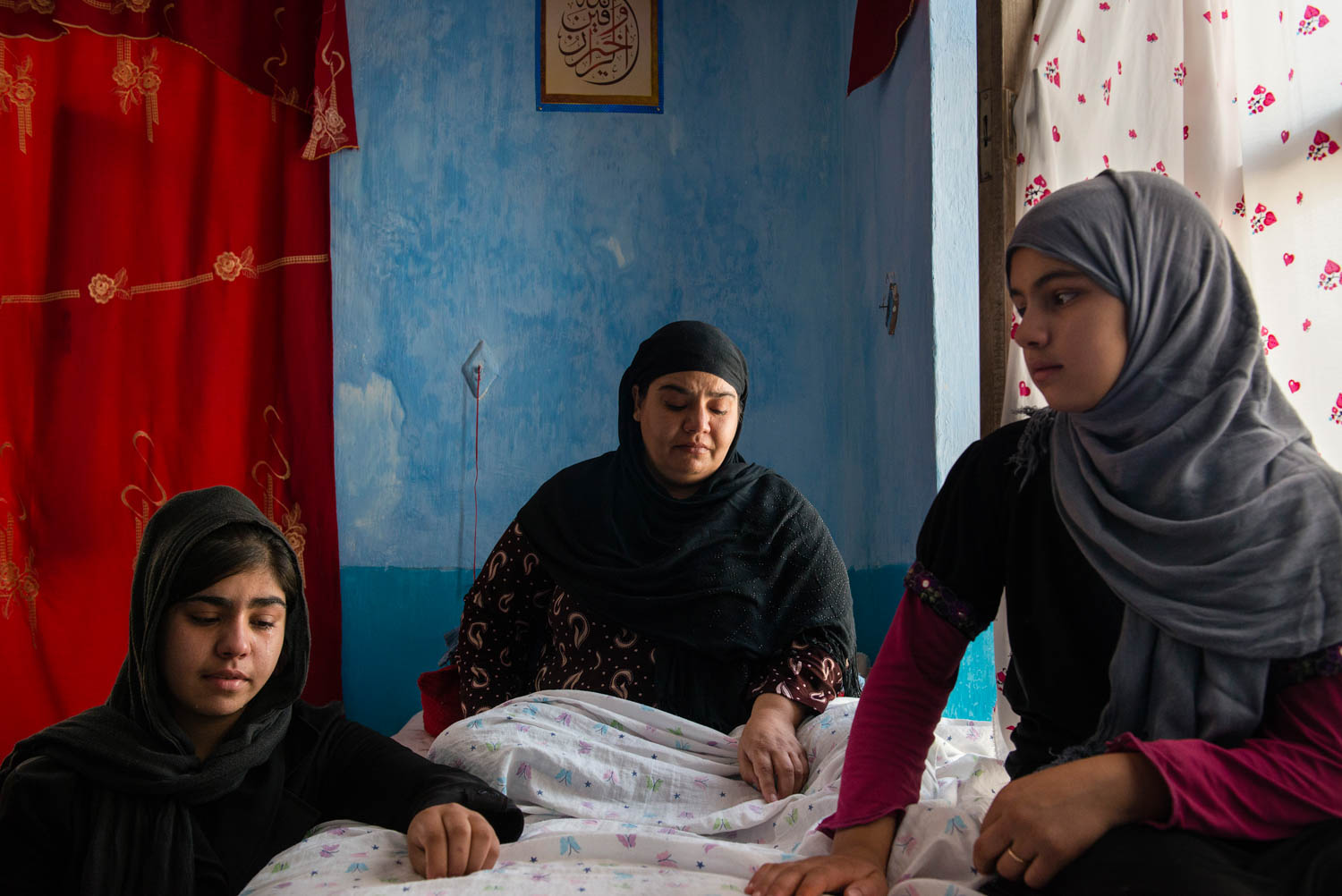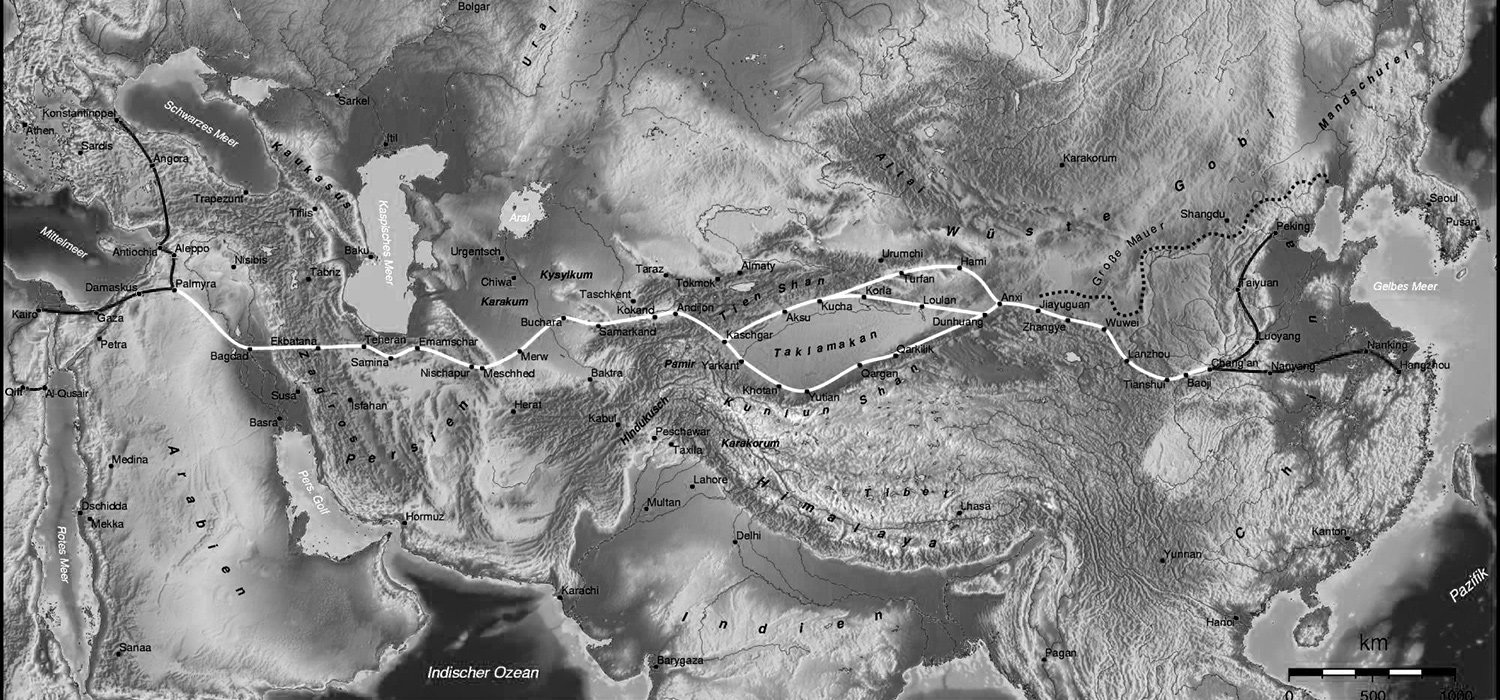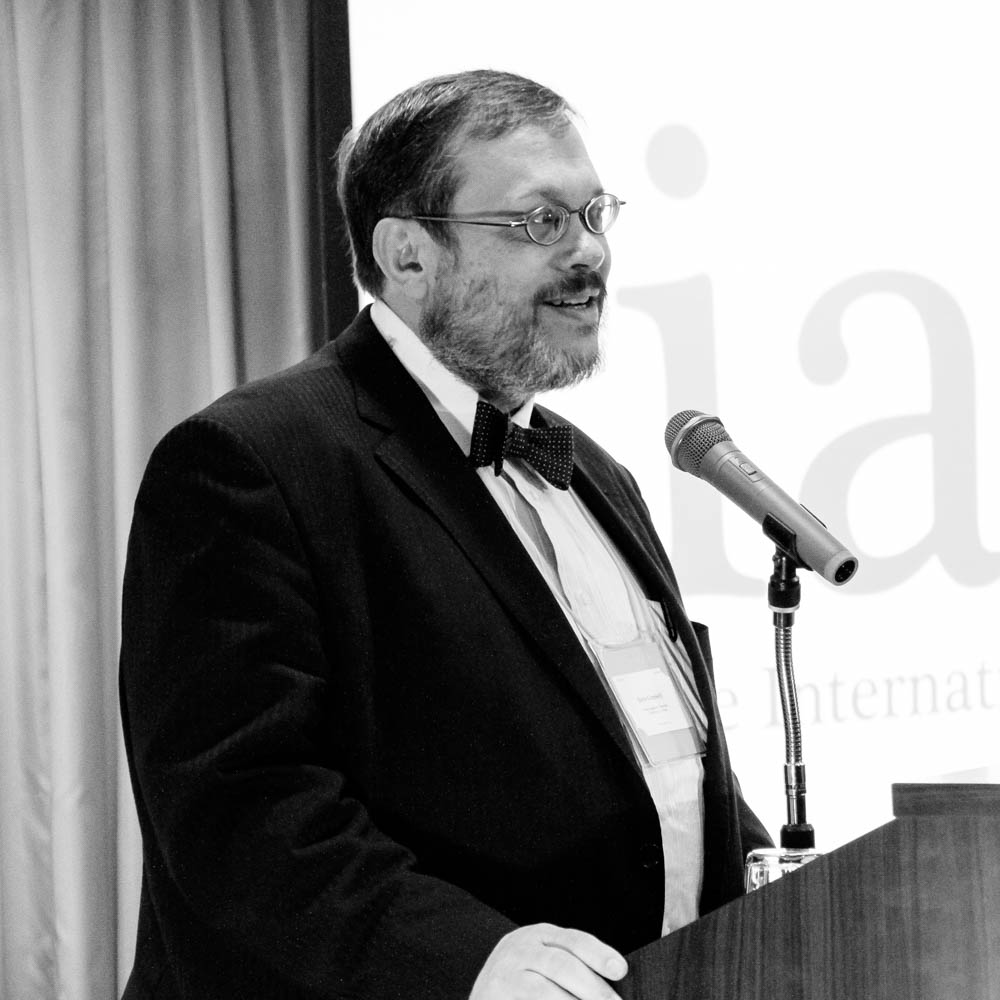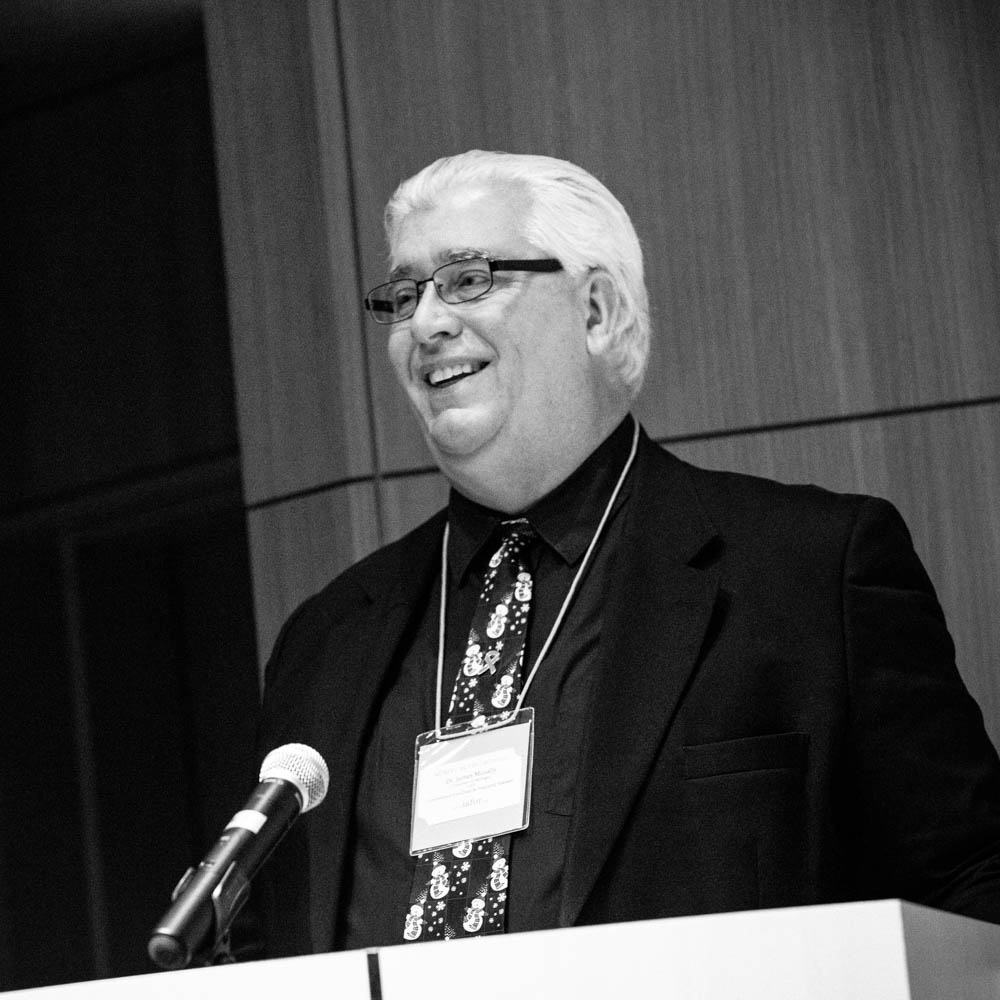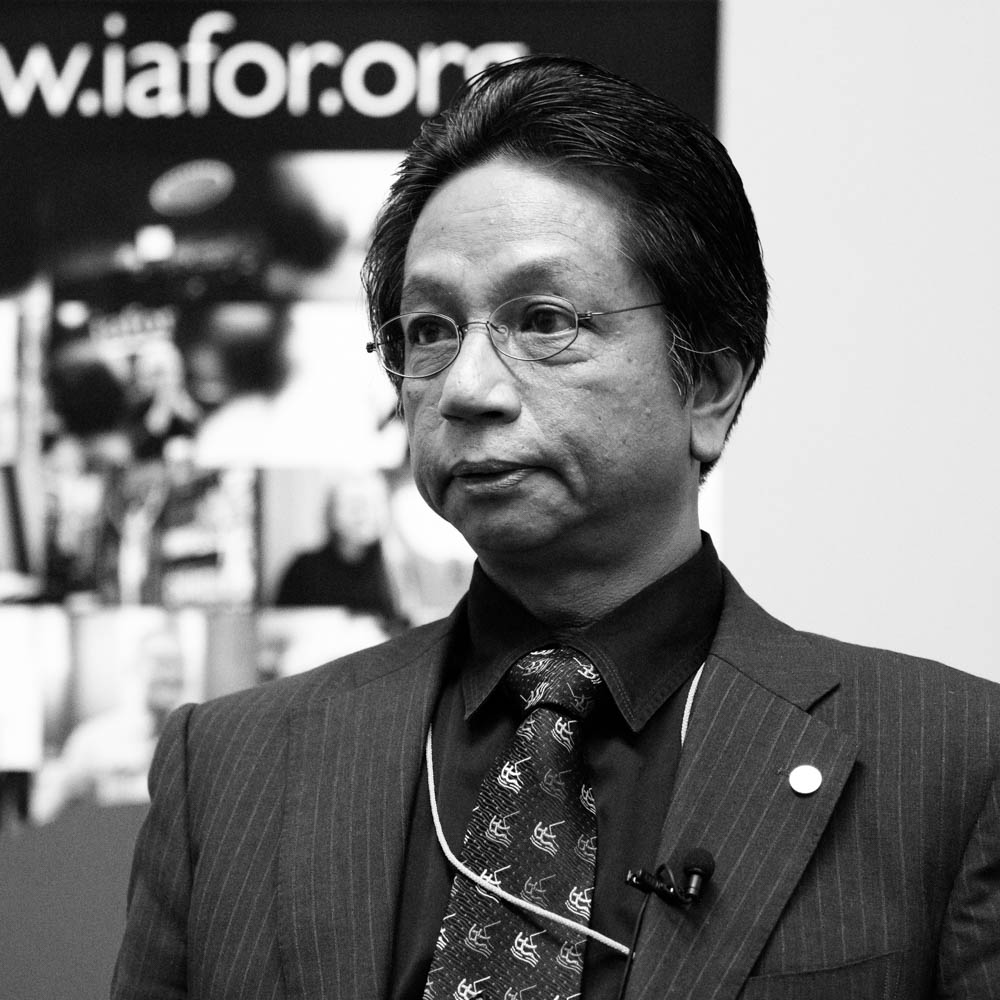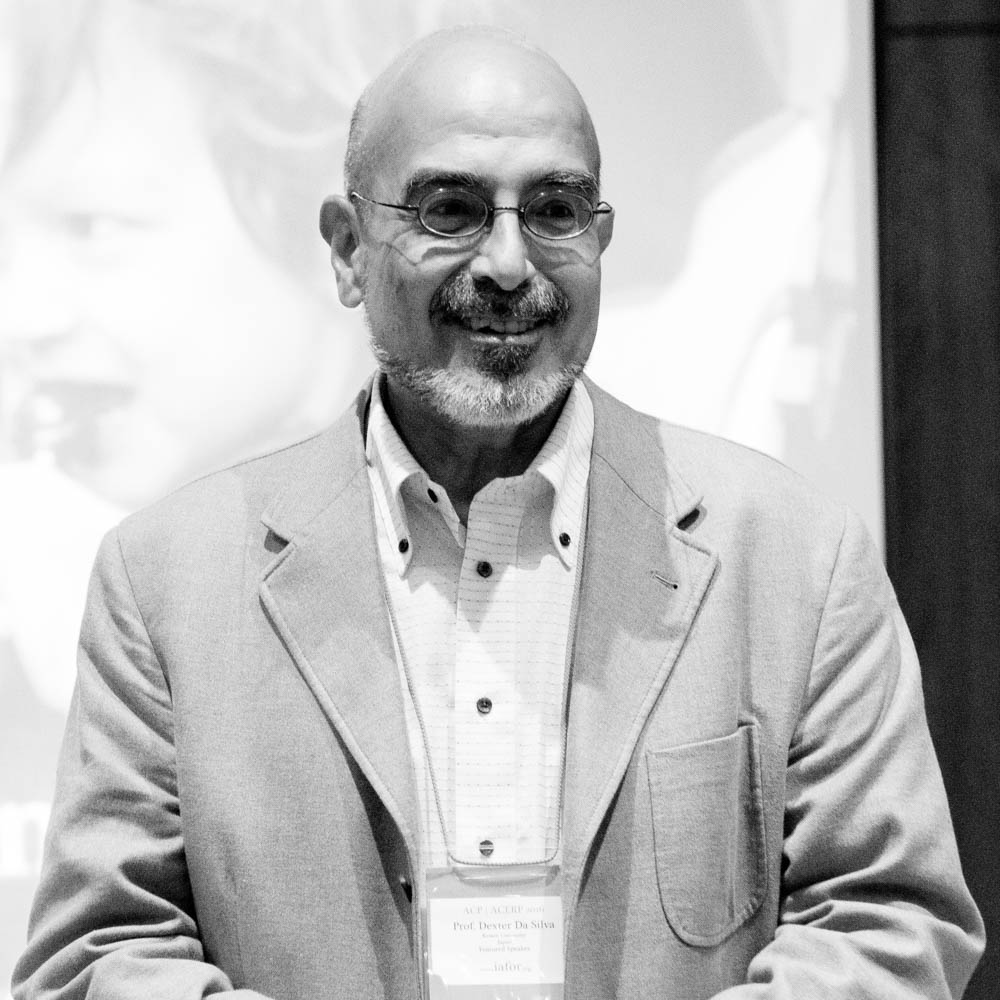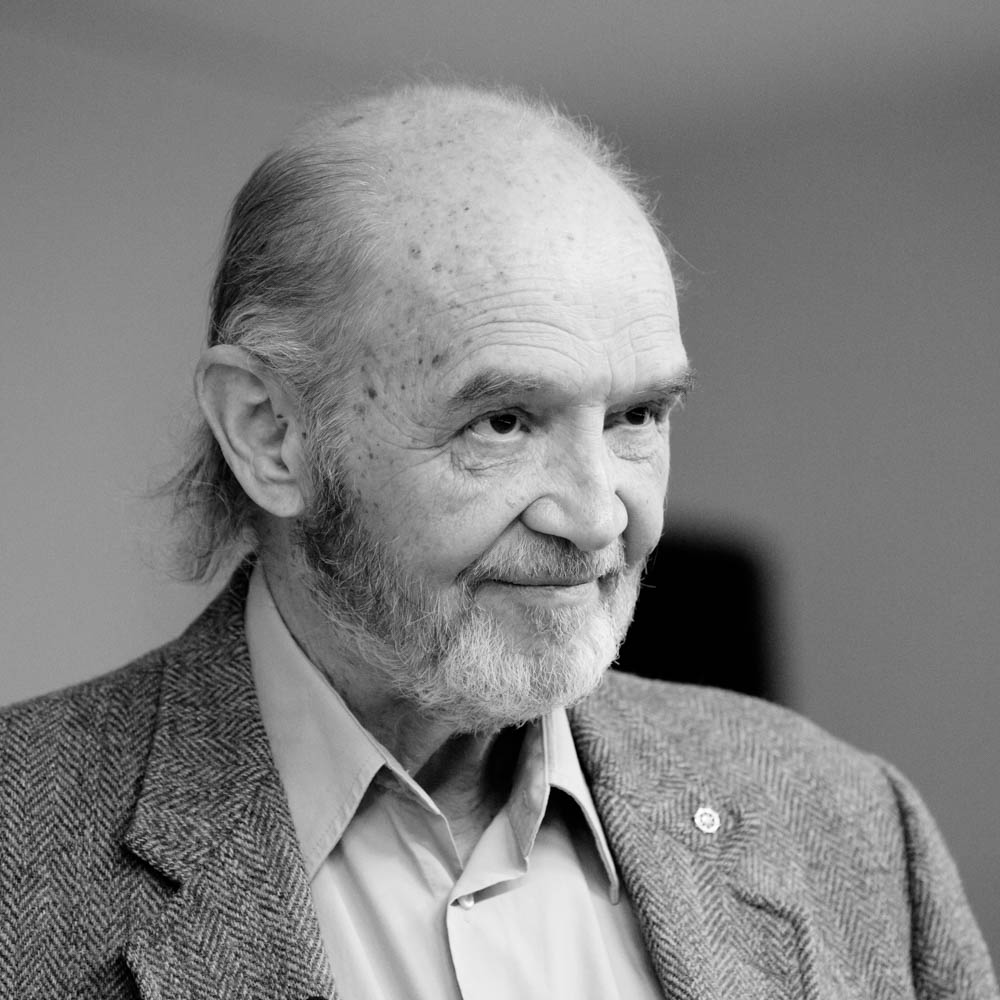
“Surviving and Thriving in Times of Change”
March 22–24, 2018 | Art Center Kobe, Kobe, Japan
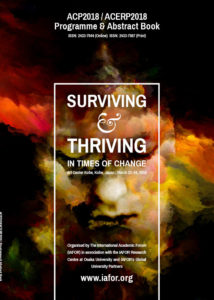
Change is not new, but change today is unique in its pace, its extent and its impact. The pace of change in its various forms – technological change, social change, climate change – has been incredible; its extent has been global. The impact of change on humans has been extremely powerful. Our daily lives have changed dramatically and irreversibly.
One of the challenges of psychology and the behavioral sciences has been to help humans adapt to their environments, to help us be resilient in the face of challenges and failures, to help us maintain our mental health, to help us overcome the various difficulties that life brings us. All areas in the study of psychology and the behavioral sciences aim to teach us to be psychologically literate, to provide us with the knowledge and skills to survive and thrive, and to help others survive and thrive.
ACP2018 Conference Photographs
Human interaction is at the root of all knowledge creation, and hence the great importance of the conference in introducing, testing and spreading ideas through challenging, rigorous and thought provoking discussion and debate. But beyond that, a conference is also a great chance to meet people from around the world, and to extend and grow ones’s professional network, and above all, to make friends.
It may be impossible to tell the story of the conference, or rather the many hundreds of interlocking stories that go to make up the conference, but the documentary photography in this slideshow aims to give a taster of the more serious academic side of the event, as well as the lighter side…
[envira-album slug="acp2018-conference-photographs"]Programme
-
Psychological Literacy: The Most Important Literacy for the 21st CenturyFeatured Panel Presentation: Dexter Da Silva (Panel Chair), Steve Cornwell, Ronald Mellado Miller & Monty P. Satiadarma
-
Patterns of Depression Among Elderly Asian Immigrants to the United States Over the Past DecadeFeatured Presentation: James W. McNally
-
On Being Tolerant and Acceptant to Survive Life ChangesFeatured Presentation: Monty P. Satiadarma
-
Law, Religion and Authoritarianism: From State Shinto to Religio-TrumpismKeynote Presentation: Frank S. Ravitch
-
Shinto: Window on Universal ReligionFeatured Presentation: Brian Victoria
-
IAFOR Documentary Photography Award 2017 | Award Winners Screening
-
IAFOR Silk Road Initiative Information Session
Speakers
-
Steve CornwellThe International Academic Forum (IAFOR) & Osaka Jogakuin University, Japan
-
James W. McNallyUniversity of Michigan & NACDA Program on Aging, United States
-
Ronald Mellado MillerBrigham Young University – Hawaii, USA
-
Frank S. RavitchMichigan State University College of Law, United States
-
Monty P. SatiadarmaTarumanagara University, Indonesia
-
Dexter Da SilvaKeisen University, Japan
-
Brian VictoriaOxford Centre for Buddhist Studies, UK
Organising Committee
The Conference Programme Committee is composed of distinguished academics who are experts in their fields. Conference Programme Committee members may also be members of IAFOR's International Academic Board. The Organising Committee is responsible for nominating and vetting Keynote and Featured Speakers; developing the conference programme, including special workshops, panels, targeted sessions, and so forth; event outreach and promotion; recommending and attracting future Conference Programme Committee members; working with IAFOR to select PhD students and early career academics for IAFOR-funded grants and scholarships; and overseeing the reviewing of abstracts submitted to the conference.
ACP2018 Review Committee
- Dr Ai Ni Teoh, Heriot-Watt University, Malaysia
- Dr Elsayed Elkhamisi, Arabian Gulf University, Bahrain
- Dr Hamer Bastidas-Bilbao, Universidad del Rosario, Colombia
- Dr Man-Tak Leung, Hong Kong Shue Yan University, Hong Kong
- Dr Marco Vassallo, Council for Agricultural Research and Economics, Italy
- Mischelle Flormata, University of Santo Tomas, The Philippines
- Dr Miyako Kimura, St. Marianna University School of Medicine, Japan
- Dr Prapaporn Manorath, Boromarajonani College of Nursing in Uttaradit, Thailand
- Dr Ryan Dale Elnar, University of Mindanao, The Philippines
- Dr Ume Kalsoom, Shaheed Benazir Bhutto Women University, Pakistan
- Dr Yoshihiko Yamamoto, Shizuoka University, Japan
IAFOR's peer review process, which involves both reciprocal review and the use of Review Committees, is overseen by conference Organising Committee members under the guidance of the Academic Governing Board. Review Committee members are established academics who hold PhDs or other terminal degrees in their fields and who have previous peer review experience.
If you would like to apply to serve on the ACP2019 Review Committee, please visit our application page.
ACP2018 Grant & Scholarship Recipients
Our warmest congratulations go to Marcella L. Sintos, Ellie Taylor, Mercede Erfanian and Preeti Khanna, who have been selected by the conference Organising Committees to receive grants and scholarships to present their research at The Asian Conference on Psychology & the Behavioral Sciences 2018.
IAFOR’s grants and scholarships programme provides financial support to PhD students and early career academics, with the aim of helping them pursue research excellence and achieve their academic goals through interdisciplinary study and interaction. Awards are based on the appropriateness of the educational opportunity in relation to the applicant’s field of study, financial need, and contributions to their community and to IAFOR’s mission of interdisciplinarity. Scholarships are awarded based on availability of funds from IAFOR and vary with each conference.
The Organising Committee of the relevant IAFOR conference awards scholarships to eligible applicants who have submitted exceptional abstracts that have passed the blind peer review process and have been accepted for presentation at the conference.
Stuart D. B. Picken Grant & Scholarship Recipient
Marcella L. Sintos is a newly registered psychologist in the Philippines. She finished her graduate studies in Clinical Psychology at De La Salle University-Manila, and is currently working as a research assistant in De La Salle-College of Saint Benilde for approximately three years. Her research interests focus on the field of Deaf Education and development of assessment tools for Deaf students.
Psychological Distress of Filipino Deaf: Role of Environmental Vulnerabilities, Self-Efficacy, and Perceived Social Support
Marcella L. Sintos, De La Salle-College of Saint Benilde, The Philippines
Studies on deaf mental health exemplify that they are two to three times more vulnerable to psychological distress not because of their deafness per se, but because of their interactions in the hearing world. Throughout their lifespan, they have been exposed to several vulnerabilities such as hearing parents, communication barriers, additional disabilities, and lack of mental health services. Using the assumptions of stress-vulnerability-protective factors model of Liberman (2008), moderation analyses were performed to prove the buffering role of general self-efficacy and perceived social support on the effect of vulnerabilities in their psychological distress. 120 self-contained deaf college students aged 18 to 25 (M=21.83; SD=4.11) participated in the study. Results show that (1) vulnerabilities do not influence psychological distress, (2) general self-efficacy and perceived social support do not act as buffers, and (3) perceived social support directly affects psychological distress. These entail inapplicability of the framework among the deaf population, which may be attributed to their learned resilience from the vulnerabilities they are exposed to since birth. However, the increased vulnerability of deaf individuals compared to the hearing population hinders them from becoming fully resilient because it negatively affects their perception of themselves and others. To aid in reducing their psychological distress while at the same time increasing their resilience, this study recommends provision of external support such as competent clinicians in the field of deaf culture and mental health, and specific programs crafted for deaf individuals to develop their life skills. Limitations of the study were also discussed.
IAFOR Scholarship Recipient
Ellie Taylor was educated at the University of Wollongong, New South Wales, Australia, and graduated with a Bachelor of Psychology (first class honours), and Masters by Research, majoring in psychology. Ellie is currently undertaking a Doctor of Philosophy, and for the past 4 years, has worked as a Research Officer for the Global Challenges Program at the University of Wollongong. Ellie’s earlier research endeavours focused on attention-deficits and impulsivity in child and adolescent populations. Ellie has since worked with the New South Wales State Emergency Service, examining resilience and post-traumatic growth among emergency service personnel. Currently, her research at the University of Wollongong explores how people with severe mental illness can live well, for longer, through initiatives that foster self-determination and growth. Ellie's research privileges the position and voice of those with lived experience of mental illness.
Surviving and Thriving: The Interplay Between Self-Determination and Personal Recovery Among People Living with Severe Mental Illness
Ellie Karen Taylor, University of Wollongong, Australia
Lorna Moxham, University of Wollongong, Australia
Dana Perlman, University of Wollongong, Australia
Christopher Patterson, University of Wollongong, Australia
Renee Brighton, University of Wollongong, Australia
Personal recovery is a goal for many people who live with severe and enduring mental illness (consumers). Yet, in the face of significant marginalisation and stigma, how can they survive and thrive? Self-determination has arisen as an area of importance in this regard. Those with greater self-determination tend to participate in self-motivated behaviours that promote quality of life and increase wellbeing. However, despite shared theoretical underpinnings, no research to date has specifically looked at Self-Determination Theory and personal recovery concurrently. This is imperative given that mental health care is shifting toward a recovery-oriented approach across many regions of the globe. Participation in therapeutic recreation activities appears promising in increasing self-determination among consumers. This presentation will explore a novel approach to consumer well-being, termed Recovery Camp. Developed in Australia, this five-day therapeutic recreation program is an ongoing initiative where consumers are invited to engage in positive risk-taking and choice. At Recovery Camp, participants partake in team pursuits and ‘daredevil’ activities designed to challenge and remediate. The experience fosters the development of self-determination through the promotion of personal responsibility and self-management. Using a 3-phase sequential mixed methods approach, this research addresses a significant gap in the literature by exploring the interplay between self-determination and personal recovery in the context of Recovery Camp. Survey, interview and focus group data, gathered over 2 years, will be utilised to discuss how consumers can survive and thrive amongst the difficulties life brings. Practical, multidisciplinary implications for mental health professionals, educators, and researchers will be discussed.
IAFOR Scholarship Recipient
Mercede Erfanian is a neuroscientist with a particular focus on affective disorders. Her research concerns understanding brain mechanisms in patients with mood and anxiety disorders. At the moment her research is fully focused on Misophonia, its brain mechanism, cognitive and emotional characteristics, and co-morbidity with other affective disorders. She has published several scientific papers and is the winner of many European and international prizes (e.g. Herman Westenberg) and grants (e.g. IBRO-FENS).”
Synesthesia in Bipolar and Schizophrenic Patients: A Study of Its Relationship with Abstract Thinking
Mercede Erfanian, Maastricht University, Netherlands
The neurological condition ‘synesthesia’ may explain the links underlying metaphor perception and comprehension of abstract concepts in humans. Schizophrenia and bipolar disorders share certain similarities regarding symptomology which often inhibits and attenuates differentiating between them. A unique characteristic of schizophrenics’ thought and language disturbance is concretism. In other words, schizophrenic patients fail to understand metaphors. On the other hand, an intellectual ability such as metaphor perception remains intact in bipolar patients. The current study determines if schizophrenic patients are weaker at metaphor comprehension than bipolar and normal individuals, if the schizophrenics are weaker in synesthesia comprehension than bipolar and normal individuals, if bipolar patients can understand metaphors as well as healthy people, and whether bipolar patients can understand synesthesia as well as healthy controls. Twenty-eight schizophrenic patients, 28 patients with bipolar disorder, and 28 healthy controls were analysed in two subgroups of male and female participants, who completed Synesthesia battery and a designed metaphor task. The results of battery and the task in schizophrenic patients were significantly lower, in comparison with bipolar patients’ (p<0.01). The responses to the metaphor task were more literally comprehended in the schizophrenic group as compared with the bipolar and control groups. No significant differences were observed in the results between the healthy control and bipolar group tasks. The results revealed a strong correlation between synesthesia and metaphor recognition which could stem from coexisting common neurological structures. Thus, synesthesia may determine a causal role in the ability to develop understanding abstract concepts and abstract thinking.
IAFOR Scholarship Recipient
Preeti Khanna is a Senior Research Fellow - Food & Nutrition (PhD Scholar) at Institute of Home Economics, University of Delhi, India. Currently, she is working on the impact of depression and anxiety on food intake among adolescents. She is very passionate about nutrition research and plans to join the Indian health ministry.
Depression, Anxiety & Eating Disorders: Prevalence & Association Among Adolescents Studying in Public Schools of Delhi
Preeti Khanna, Institute of Home Economics, University of Delhi, India
Bani Aeri, Institute of Home Economics, University of Delhi, India
Data on the prevalence of mental health disorders indicates that 4.5% and 3% of the Indian population is suffering from depression and anxiety respectively. Depression is ranked by WHO (2015) as the single largest contributor to global disability, therefore there is a need to investigate the maturation patterns (gender specific) & its relationship with psychosocial & nutritional factors which impact the overall health of an adolescent. The present research was designed to study the prevalence & association of depression & anxiety with eating disorders & BMI among adolescent boys & girls (13-15 years) studying in public schools of Delhi. 300 adolescents participated in this cross-sectional study. For the assessment of depression and anxiety & eating disorders Child Behavior Checklist (CBCL; administered to the parents) and Three Factor Eating Questionnaire (TFEQ; administered to the subjects) were used respectively. Data were also collected on socio-demographic profile, physical activity, dietary practices & consumption pattern, food intake (24hr recall, Food Frequency Questionnaire), body image perception, locus of control & anthropometric (Weight, Height, BMI, Body fat %) profiles. Prevalence of depression & anxiety is 37.5% and eating disorders (restrained, uncontrolled & emotional) is 18%. Anthropometric data revealed that 18.3%, 7% and 20% of the subjects are underweight, overweight and obese respectively. 58% of the malnourished subjects are suffering from depression & anxiety. This study highlights the association of mental health with eating disorders & nutritional status of adolescents. It will also serve as a strategic tool for mental health prevention & management policies designed for adolescents.

